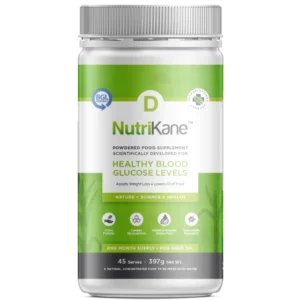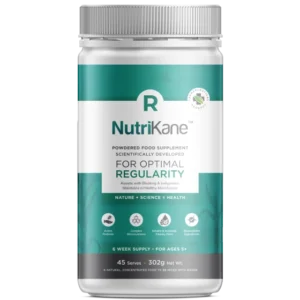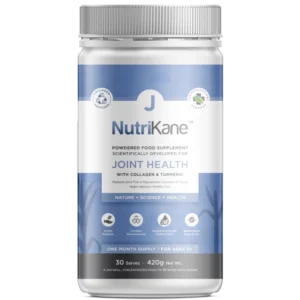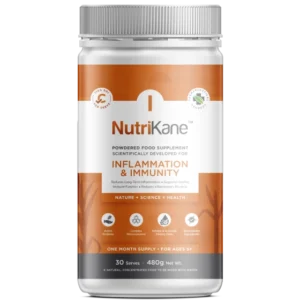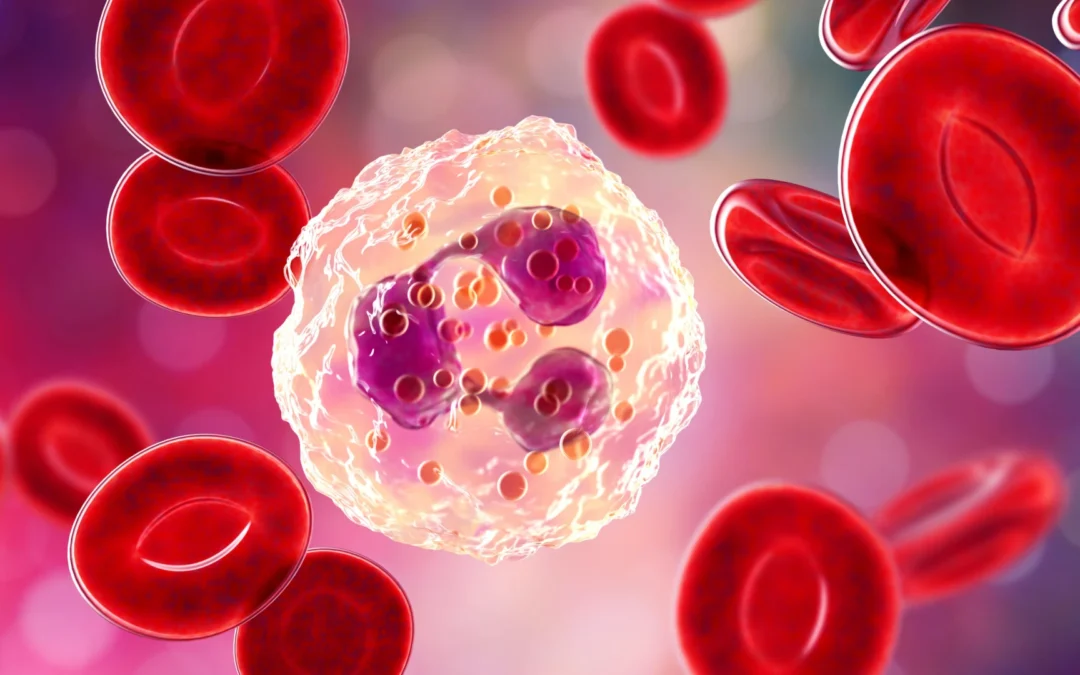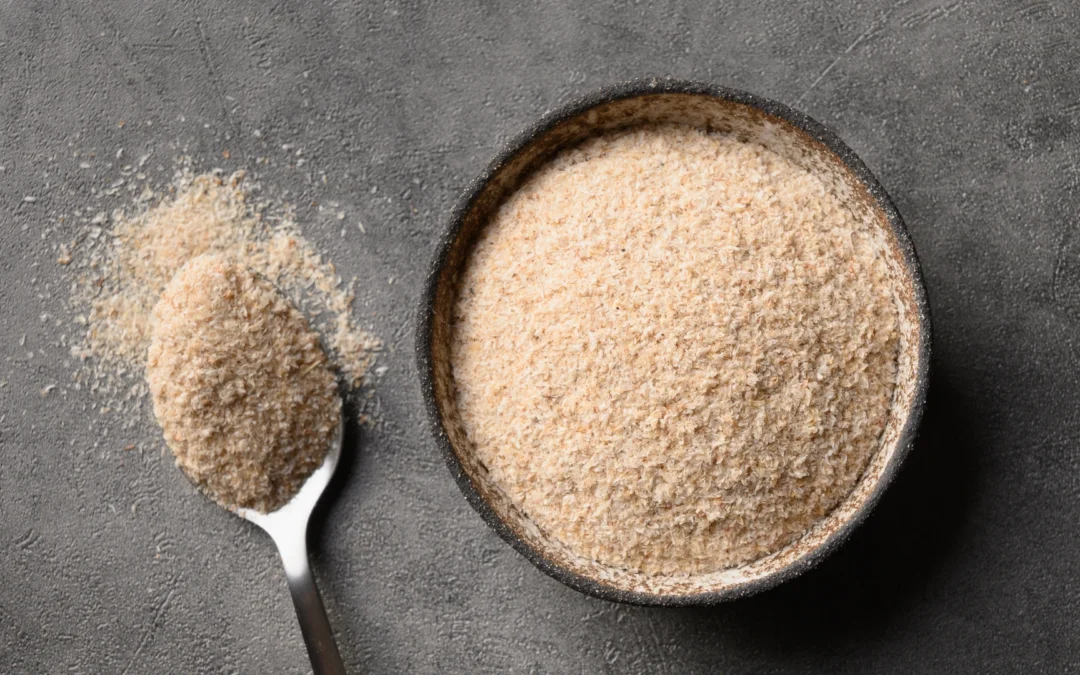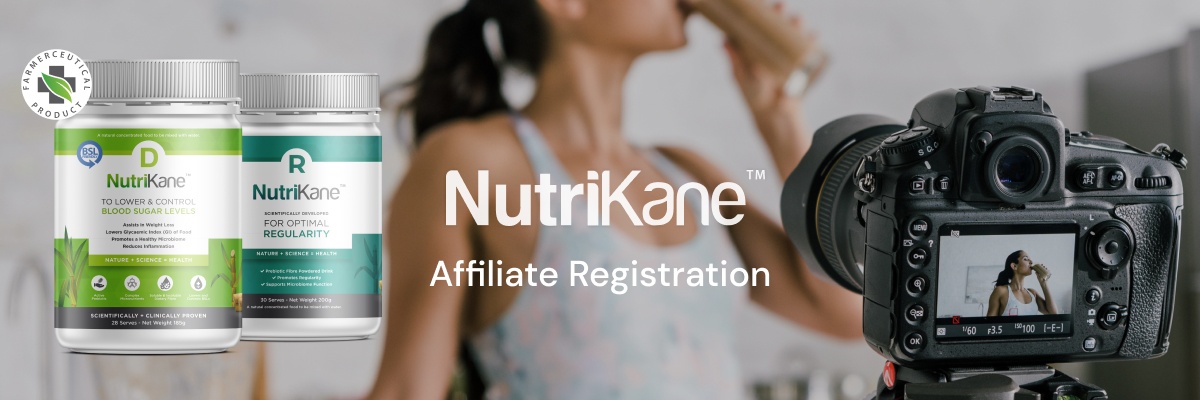Most people know probiotics are good for your gut health, but have you heard of prebiotics? What about postbiotics? All three help us get the nutrition we need. They sound similar, but each plays a distinct part in keeping your gut microbiome healthy.
For a healthy gut, you need all three. So, here’s the difference between prebiotics, probiotics and postbiotics. Plus, why you need them all.
Probiotics
Probiotics are live microorganisms that help us get the nutrition we need. They may be bacteria or yeast strains, such as the Lactobacillus and Bifidobacterium species.
Apart from being a part of our healthy microbiome, probiotics can be found in fermented foods and dietary supplements too.
15 examples of fermented foods containing probiotics
- Yoghurt: Yoghurt is one of the most well-known sources of probiotics. Look for varieties that contain live and active cultures like Lactobacillus and Bifidobacterium.
- Kefir: Kefir is a fermented milk drink that originated in the Caucasus mountains It’s rich in various beneficial bacteria strains.
- Sauerkraut: Fermented cabbage that is high in probiotics, particularly Lactobacillus bacteria. It has a tangy flavour.
- Kimchi: A Korean staple made from fermented vegetables (usually cabbage and radishes) with a spicy kick. It contains a variety of probiotic strains.
- Miso: A traditional Japanese seasoning made from fermented soybeans, barley, or rice. It’s often used to make miso soup and contains beneficial bacteria.
- Tempeh: A fermented soybean product with a nutty flavour and a meaty texture. It’s a source of probiotics and plant-based protein.
- Pickles: Pickles that are naturally fermented (not made with vinegar) can be a source of probiotics.
- Traditional Buttermilk: Traditional buttermilk is the liquid left behind after churning butter and is rich in probiotics. It’s different from cultured buttermilk, which is typically cultured with lactic acid bacteria.
- Natto: A traditional Japanese dish made from fermented soybeans. It’s known for its strong flavour and stickiness.
- Fermented Cheeses: Some aged cheeses like Gouda, cheddar, and Swiss can contain probiotic bacteria, though the live cultures may not survive in large quantities.
- Traditional Indian Lassi: Lassi is a yogurt-based drink popular in India. It can be a source of probiotics if made with live cultures.
- Fermented Soy Products: Apart from miso and tempeh, fermented soy products like soy sauce and fermented tofu (stinky tofu) may contain probiotics.
- Fermented Pickled Vegetables: Besides sauerkraut and kimchi, other vegetables like carrots, beets, and cucumbers can be fermented at home or purchased as probiotic-rich foods.
- Kvass: A fermented beverage made from rye bread that is popular in Eastern Europe. It contains lactic acid bacteria.
- Fermented Tea (Kombucha): Kombucha is a fermented tea beverage that is often credited with probiotic benefits. It’s made by fermenting sweet tea with a SCOBY (symbiotic culture of bacteria and yeast).
When selecting fermented foods for their probiotic, it is important to make sure that they still contain live cultures. Many fermented products are pasteurised during processing that kills the beneficial bacteria.
Probiotic supplements
If you struggle to eat fermented foods, you may want to consider taking probiotic supplements. These come in pill (capsule or tablet) and powder form. You should look for bacteria strains that address your health concerns and choose the product with the highest number of those bacteria per dose.
Many probiotic supplements lack useful bacteria, however. It is important to select supplements that are backed by science.
Prebiotics
Prebiotics are non-digestible compounds, often fibre-rich, that serve as food for beneficial gut bacteria. They promote the growth and activity of probiotics in the gut by feeding the probiotics. They also help support a healthy microbiome by selectively promoting the growth of beneficial bacteria over non-beneficial ones. If we think of our gut as a garden, the probiotics are the seeds and prebiotics are the fertiliser.
Unfortunately, the term prebiotic has become too broad and includes many highly processed products such as fructooligosaccharides and inulin. Highly processed prebiotics have been shown to cause intestinal issues in many people. If you struggle to get prebiotics from nutritious foods then supplements are better than nothing, however whenever possible you should include prebiotic foods in your diet.
19 foods containing prebiotics
- Jerusalem Artichokes: These tubers are high in inulin and can be consumed raw or cooked.
- Dandelion Greens: Dandelion greens are not only nutrient-rich but also contain inulin.
- Garlic: Garlic contains inulin and fructooligosaccharides (FOS), both of which are prebiotic fibres.
- Onions: Onions are another source of inulin and FOS, and they can be added to various dishes.
- Leeks: Leeks are part of the onion family and are also rich in prebiotic fibres.
- Asparagus: Asparagus contains inulin and can be a delicious addition to salads and side dishes.
- Bananas: While ripe bananas are a good source of prebiotics, they also contain resistant starch, which is a form of prebiotic known to be beneficial to health.
- Barley: Barley contains a type of prebiotic fibre known as beta-glucans.
- Oats: Oats are rich in beta-glucans, which act as prebiotics.
- Apples: Apples contain pectin, a prebiotic fibre that can support gut health.
- Flaxseeds: Flaxseeds are a source of prebiotic fibres, including soluble and insoluble fibres.
- Cocoa: Cocoa powder and dark chocolate contain prebiotic compounds that can nourish gut bacteria.
- Seaweed: Some types of seaweed, like nori and hijiki, contain prebiotic fibres.
- Chia Seeds: Chia seeds are rich in soluble fibre and can be used in various dishes and beverages.
- Lentils: Lentils are legumes that contain prebiotic fibres and are a good source of plant-based protein.
- Chickpeas: Chickpeas, also known as garbanzo beans, contain prebiotic fibres and are versatile in cooking.
- Beans: Various beans, such as black beans, kidney beans, and navy beans, contain prebiotic fibres.
- Whole Grains: Whole grains like whole wheat, brown rice, and quinoa contain prebiotic fibres.
- Jicama: Jicama is a crunchy root vegetable that is rich in inulin and can be enjoyed raw or cooked.
Postbiotics
Postbiotics are what probiotic bacteria produce when they consume prebiotics. Sometimes called secondary metabolites, postbiotics can be made in our gut or can be made by probiotic bacteria during fermentation of foods. These by-products include short-chain fatty acids (SCFAs), vitamins, enzymes, and peptides. They have anti-inflammatory and immune-modulating properties, so may help ease symptoms like irritable bowel syndrome and support healthy digestion.
Make sure you are getting enough of all 3 for optimal gut health benefits
For optimal health we need enough probiotic bacteria in our gut to eat the probiotic foods and produce the postbiotics we need to thrive. Under normal circumstances prebiotics are by far the most important component for our health. Most of us have enough good bacteria in our gut that if we feed them well with high quality probiotic foods they can thrive and produce the postbiotics we need. Sometimes however, we may need the extra boost of supplements to overcome sickness or if our diet has been particularly bad.
Fermented foods are a tasty way to increase probiotic and postbiotic consumption, but some people may find supplementation with nutritional products easier.
A cornerstone of MediKane products are highly nutritious, broad spectrum prebiotic foods. We have gone beyond general diet to ensuring consumption of our foods generate results.
Visit our online store for natural products for inflammation, joint pain, weight loss, skin and digestive complaints and blood sugar level control.

